Disclosure: This article contains affiliate links. We may earn a commission from purchases at no extra cost to you, which helps our travel content.
Standing at the intersection of Fifth Avenue and 57th Street, watching the symphony of yellow cabs and power-suited professionals, I'm reminded why New York remains the ultimate business destination. After dozens of trips to Manhattan over the years—first as a buyer for luxury retail clients and now as a frequent business traveler—I've perfected the delicate art of balancing boardroom obligations with the city's intoxicating cultural offerings. This guide distills my experiences into an executive's blueprint for making the most of your Manhattan business trip, whether you're closing deals on Wall Street or networking in Midtown.
Crafting Your Manhattan Command Center
Your choice of accommodation in New York isn't merely about a place to sleep—it's establishing a strategic base of operations. After years of trial and error across Manhattan's diverse neighborhoods, I've found that Midtown East offers the optimal balance for business travelers.
The Langham New York on Fifth Avenue has become my Manhattan home away from home, with its understated elegance and proximity to major corporate headquarters. The rooms feature floor-to-ceiling windows that transform into impromptu thinking spaces when I need to prepare for important meetings. For longer stays, I recommend the AKA Central Park residences, which provide apartment-style accommodations with hotel amenities—perfect for maintaining routines during extended business trips.
While location is paramount, connectivity is equally crucial. I never travel without my portable WiFi hotspot, which ensures I'm never at the mercy of spotty hotel WiFi when finalizing important presentations. For in-room productivity, I set up a mini workspace with my portable monitor, effectively creating a dual-screen setup that mirrors my office environment.
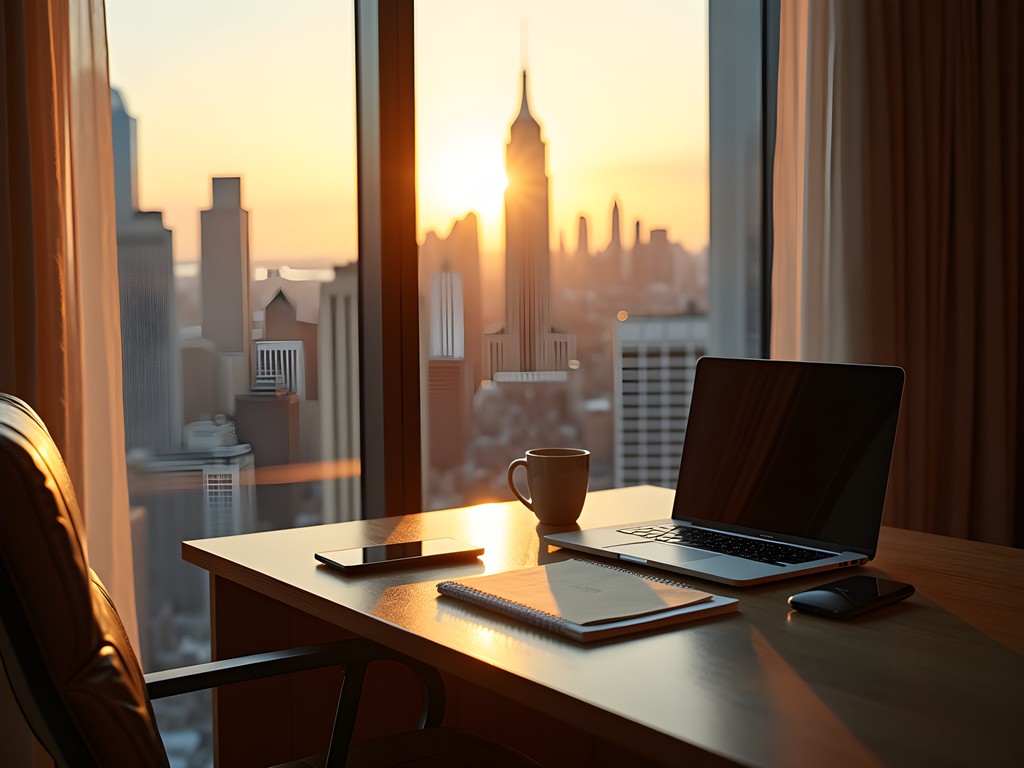
💡 Pro Tips
- Request a room on a higher floor for reduced street noise during important calls
- Book accommodations with in-room Nespresso machines for early morning preparation
- Consider hotels with executive lounges for impromptu meeting spaces
The Art of the Power Meal
In New York, business happens over food—it's where relationships are forged and deals are sealed. The right restaurant choice communicates volumes about your business acumen and attention to detail.
For high-stakes breakfast meetings, Le Pain Quotidien on 7th Avenue provides the perfect blend of quality and discretion. Their communal tables might seem counterintuitive for business discussions, but I've found the casual atmosphere actually helps disarm tense negotiations. When impressions truly matter, lunch at The Grill in the revamped Four Seasons space delivers old-world Manhattan gravitas with impeccable service that anticipates needs before they arise.
Dinner meetings require strategic planning. Gramercy Tavern offers sophisticated American cuisine in an environment that's impressive without feeling pretentious—ideal for relationship building. For clients interested in culinary experiences, secure reservations at Le Bernardin weeks in advance; Chef Ripert's sustainable seafood philosophy often provides a natural conversation bridge to discuss corporate responsibility initiatives.
I always carry a few leather business card holders in different colors—matching the right one to my outfit signals attention to detail that business associates notice. And for those inevitable wine-focused dinners, my wine preservation system knowledge has repeatedly sparked conversations with executives who appreciate fine vintages.
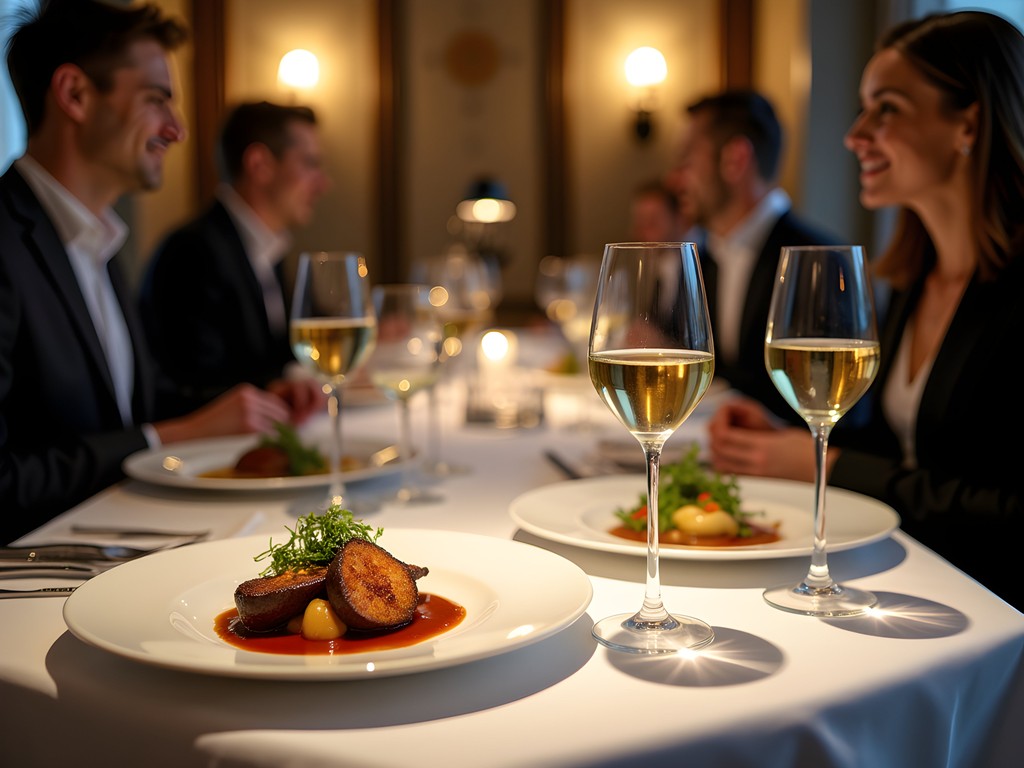
💡 Pro Tips
- Book restaurants with sound-absorbing design elements for sensitive business discussions
- Request corner tables or private dining rooms when discussing confidential matters
- Confirm dietary restrictions of international colleagues before selecting venues
Productive Downtime: Cultural Capital
The mark of a sophisticated business traveler lies not just in how they handle meetings, but how they utilize the hours between them. Manhattan offers unparalleled opportunities to convert downtime into cultural capital—knowledge that often becomes social currency in business settings.
Rather than retreating to your hotel room between appointments, consider the Morgan Library & Museum for an hour of reflection among rare manuscripts. I've found that Pierpont Morgan's private library provides both inspiration and conversation fodder for later business engagements. The Japan Society offers a tranquil garden and rotating exhibitions that provide valuable context when meeting with Asian business partners.
For mental clarity before important presentations, I schedule early morning walks in Central Park. The Reservoir loop at dawn provides perspective that no hotel gym can match. When time permits, I book focused tours with expert guides who specialize in architecture or financial history—knowledge that subtly demonstrates commitment to understanding New York beyond its conference rooms.
After particularly intense negotiation days, I decompress with evening performances. The intimacy of Jazz at Lincoln Center offers both entertainment and networking opportunities, as you'll often find industry leaders unwinding in this sophisticated setting. I track performances using my digital notebook, which allows me to maintain a paperless record of cultural experiences that might interest future business contacts.
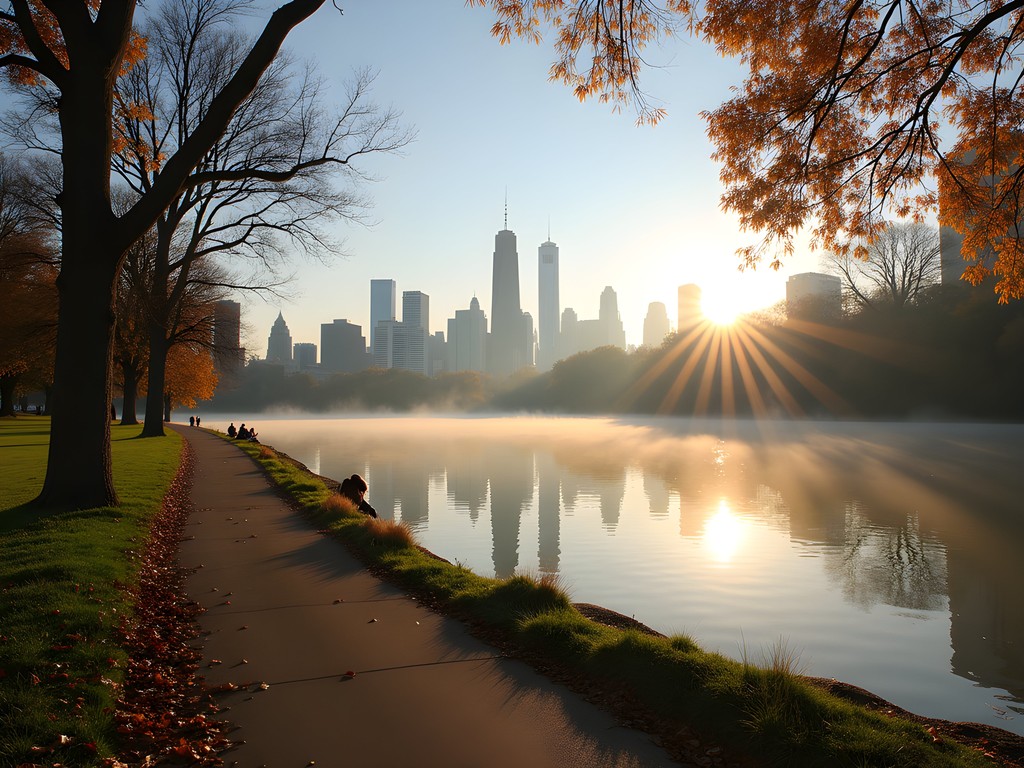
💡 Pro Tips
- Schedule 90-minute blocks between meetings for focused cultural experiences
- Research current exhibitions that connect to your industry or client interests
- Use cultural venues as alternative meeting locations for creative thinking sessions
After Hours: Strategic Networking Venues
Evening networking in Manhattan requires navigating venues where conversation can flow naturally without sacrificing sophistication. The right setting can transform obligatory small talk into meaningful connection.
The Campbell Bar in Grand Central Terminal offers historical gravitas with its Jazz Age atmosphere—an ideal setting for impressing out-of-town associates with a slice of New York history. For a more contemporary vibe, The Aviary NYC at Mandarin Oriental provides innovative cocktails and spectacular Columbus Circle views, creating natural conversation starters with even the most reserved business contacts.
When hosting international clients, I've found that Aldo Sohm Wine Bar strikes the perfect balance—sophisticated yet approachable, with a sommelier team adept at facilitating connections through shared appreciation of exceptional vintages. For discreet conversations requiring privacy, the membership-only Aman Club at the Aman New York offers unparalleled exclusivity.
I always travel with my smart business card scanner to immediately digitize new contacts—a practice that demonstrates efficiency and has saved countless potential connections from being lost to overflowing card holders. For evening events, my pocket cocktail reference has repeatedly proven valuable when discussing spirit preferences with clients who appreciate fine drinking culture.
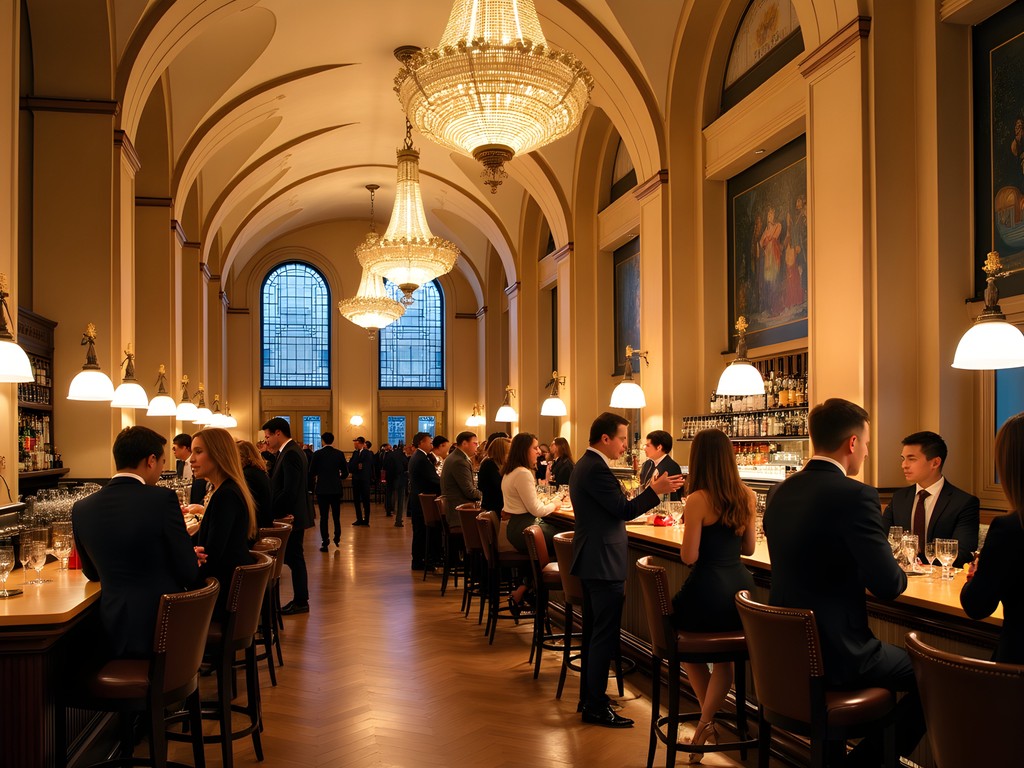
💡 Pro Tips
- Arrive at networking venues 15 minutes early to secure optimal seating for conversation
- Research venue noise levels—ideal networking locations allow conversation without shouting
- Keep evening networking to 90 minutes maximum to maintain energy for the following day
The Executive's Weekend Extension
The strategic business traveler recognizes the value of extending weekday trips through the weekend—a practice I've refined over years of Manhattan visits. This approach not only amortizes the travel fatigue but allows for deeper connections with the city that inevitably enrich future business conversations.
Saturday mornings begin with the ritual of securing impossible-to-get restaurant reservations. The concierge booking service has proven invaluable for last-minute tables at establishments like Eleven Madison Park or Le Coucou. These dining experiences provide cultural context that subtly enhances business credibility during future visits.
For physical recovery from intense business weeks, I schedule sessions at MNDFL Meditation or book treatments at Shibui Spa in the Greenwich Hotel, where the Japanese bathing ritual restores both body and mind. These wellness experiences counterbalance the intensity of business negotiations and prepare you for the week ahead.
Sunday afternoons are reserved for cultural immersion that connects to business interests. The Whitney Museum of American Art offers perspective on contemporary American creative thinking, while specialized walking tours with local experts provide neighborhood-specific insights that demonstrate commitment to understanding the city's nuanced business environment.
Before departing, I organize my digital notes using my smart notebook system, which transforms handwritten observations into searchable text—ensuring that valuable Manhattan insights remain accessible for future business visits.
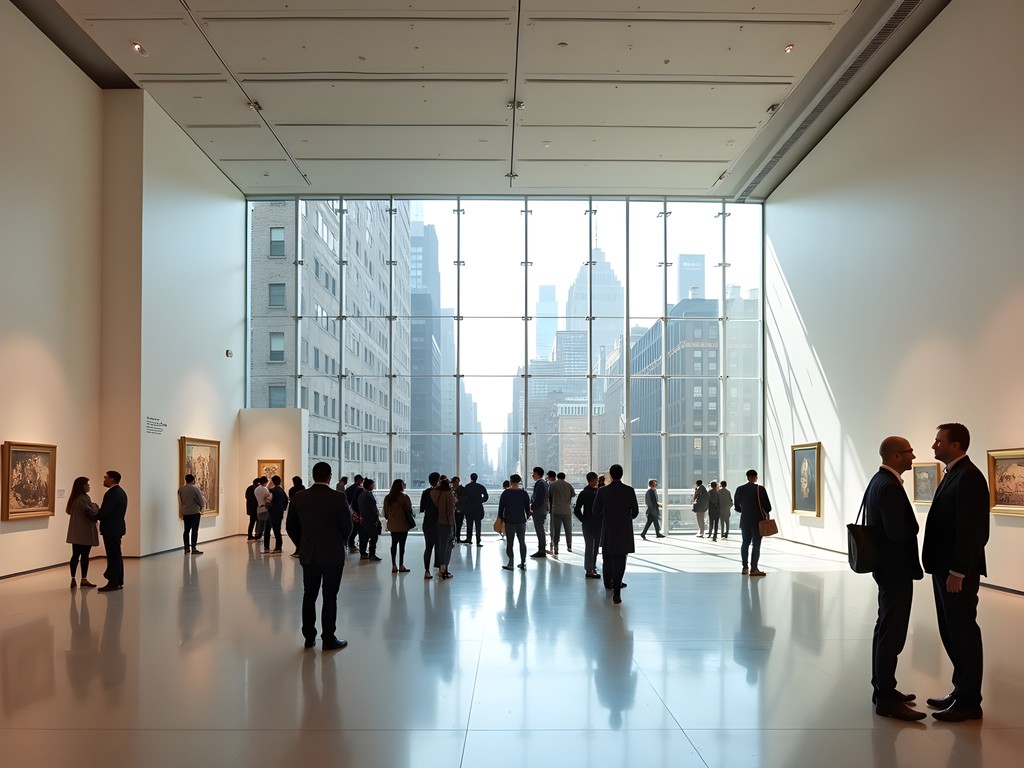
💡 Pro Tips
- Book Sunday evening flights to maximize weekend time while avoiding Monday morning travel stress
- Use weekend extensions to explore potential client neighborhoods and cultural institutions
- Schedule one completely unstructured day to allow for serendipitous discoveries
Final Thoughts
Manhattan's business landscape demands more than just showing up prepared for meetings—it requires cultivating a relationship with the city itself. The executives who thrive here understand that New York rewards those who engage with its cultural wealth, who recognize that the boundaries between business and pleasure are more permeable than they might appear elsewhere.
Over countless trips to this magnificent concrete landscape, I've learned that the most productive business visits are those that embrace the city's rhythm rather than resist it. The connections made over an intelligently selected dinner, the perspective gained during a morning walk through Central Park, the cultural insights absorbed during strategic downtime—these elements compound to create business advantages that transcend traditional networking.
As you plan your next executive journey to Manhattan, I encourage you to view the hours between meetings not as empty spaces to be filled with email, but as opportunities to develop the cultural fluency and mental clarity that distinguish truly sophisticated business travelers. In a city that never sleeps, the most successful executives know when to work, when to network, and when to simply absorb the extraordinary energy that makes New York the world's business capital.
✨ Key Takeaways
- Strategic accommodation selection creates a productive base for business operations
- Carefully chosen restaurants and networking venues significantly impact business relationship development
- Cultural experiences between meetings provide valuable conversation material and demonstrate sophistication
- Weekend extensions maximize travel value and allow for deeper city connections
- Balancing structure and flexibility creates the most productive Manhattan business experience
📋 Practical Information
Best Time to Visit
Year-round, with spring (April-June) and fall (September-November) offering optimal weather conditions
Budget Estimate
$800-1,200 per day including luxury accommodations, fine dining, and cultural experiences
Recommended Duration
5-7 days (including weekend extension)
Difficulty Level
Intermediate

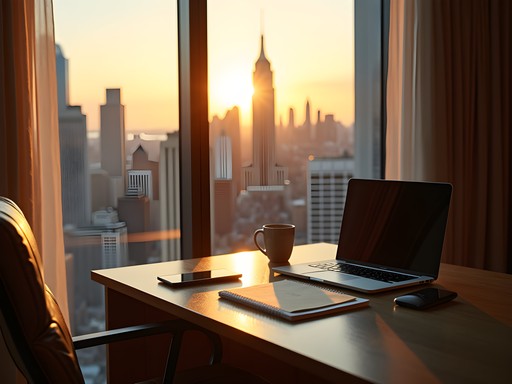
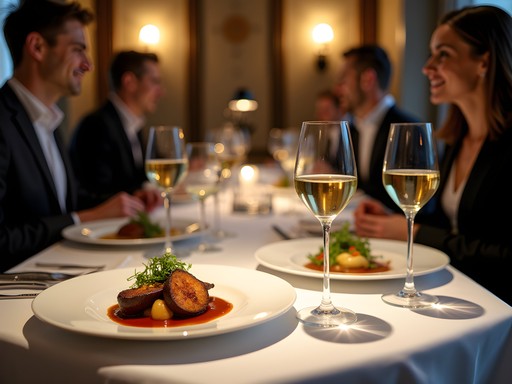
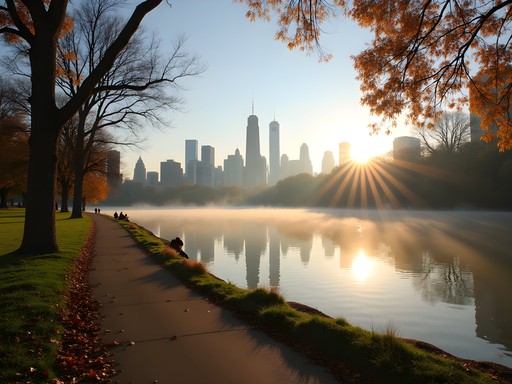
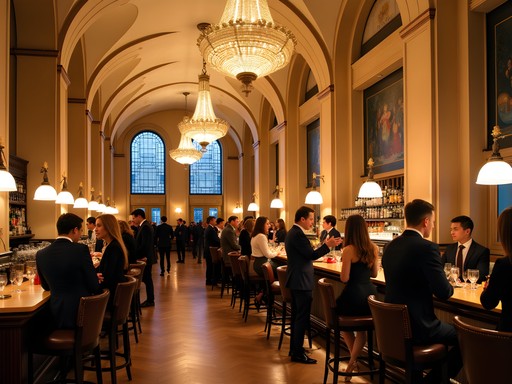
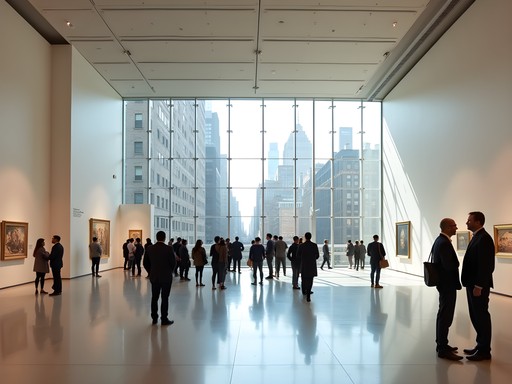


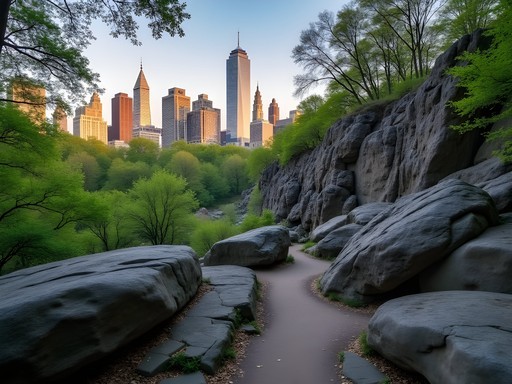
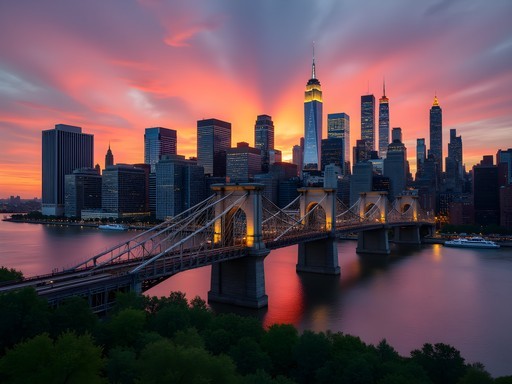
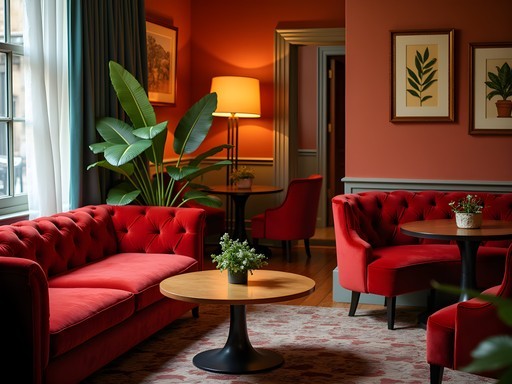
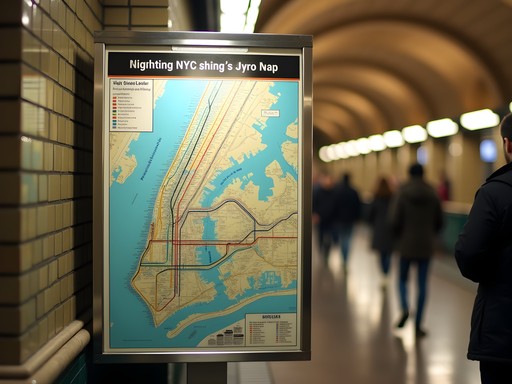
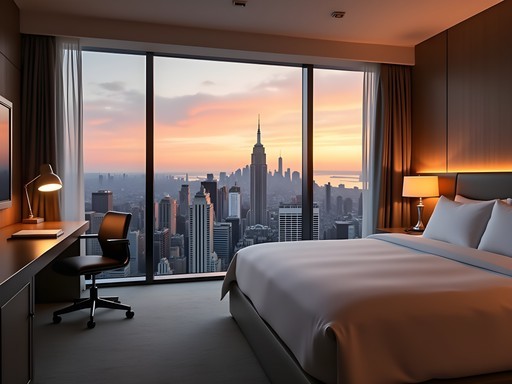

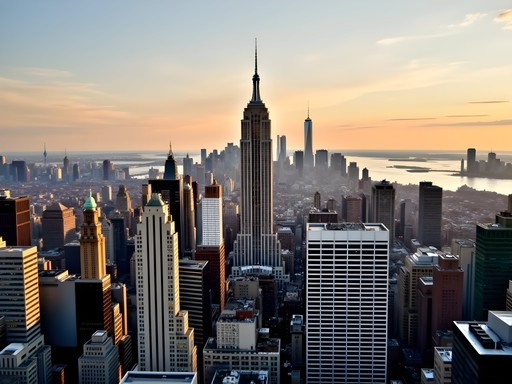
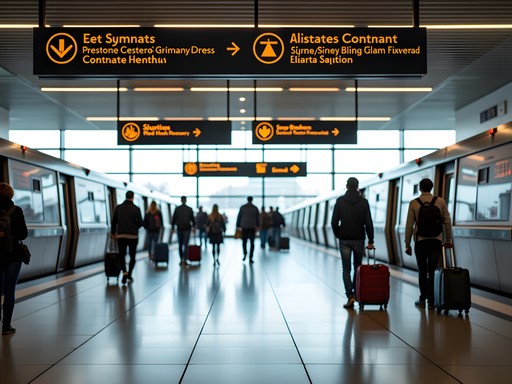
Comments
Fatima Sims
What a fantastic guide, Omar! While my travel style typically leans more adventure than business, I found myself in NYC last month for a travel conference and struggled with this exact balance. Your section on 'Manhattan Command Centers' would have saved me so much trouble! I ended up booking a hotel in Times Square (rookie mistake) and the constant noise made conference calls nearly impossible. One tip I'd add for the executives who might want to squeeze in some actual exploration: the early morning hours (5:30-7am) offer a magical, almost empty version of NYC. I took sunrise walks through Central Park and managed to see so many landmarks without crowds before my 8:30am meetings. It felt like having two trips in one - professional by day, explorer by dawn!
freemate
Love this early morning tip! Definitely trying this on my trip next week.
mountainninja
First business trip to NYC coming up and I'm nervous! Is it really possible to mix business and leisure effectively? I'll only have about 2 hours free each evening.
redstar
Absolutely doable! Hit a museum that has late hours, walk the High Line at sunset, or catch a short Broadway show. NYC is perfect for quick experiences.
mountainninja
Thanks! That's reassuring. High Line at sunset sounds perfect!
TravelExecJamie
Omar, your article really captures the essence of doing business in Manhattan! I've been traveling there quarterly for meetings and your advice on balancing the intensity is spot-on. One thing I'd add - the early morning (6-7am) walks through Central Park have been my secret weapon for mental clarity before big presentations. And for anyone reading this - don't underestimate the value of having a proper laptop bag that can transition from boardroom to bar. Changed my whole approach to business travel in the city.
Kimberly Murphy
Omar, this is BRILLIANT! Your section on power meals is spot on! I'd add The Modern at MoMA to your list - I've closed three major deals there! The quiet atmosphere and impressive art collection create the perfect backdrop for serious business conversations. For executives with jet lag, I've found early morning runs in Central Park are magic for resetting your body clock AND getting a feel for the city before the crowds descend. Can't wait to use some of your networking venue suggestions on my next trip in December!
NYCfoodguru
If you're looking for impressive client dinner spots, I'd add Manhatta to your list. The views are spectacular and the private dining room is perfect for closing deals. Just book at least 3 weeks in advance!
Sophia Gomez
Ooh, thanks for this! Just looked it up and those views are incredible. Perfect for impressing clients.
beachstar
Great post! I'm visiting NYC for business in December. Any specific hotel recommendations for midtown that won't break the expense account?
hikinglover
I stayed at The Lexington last trip and it was surprisingly reasonable for the location. Great for business travelers - solid WiFi and a decent workspace in the room.
beachstar
Thanks! Will check it out. Did you find the subway convenient from there or did you mostly Uber?
hikinglover
Subway all the way! The 4/5/6 lines are right there. I used my metro card case to keep my card and ID together. Way faster than waiting in midtown traffic!
FinanceGuy404
Pro tip to add to Omar's guide: If you're staying more than 3 days, the weekly unlimited MetroCard is actually cheaper than paying per ride for most business travelers. Saved me $30 on my last trip.
journeybackpacker
Just got back from a business trip to NYC and this guide would have been so helpful! One tip to add - I found carrying my compact umbrella essential for those sudden Manhattan downpours between meetings. Nothing worse than showing up soaked to an important client meeting! The section on productive downtime was spot on - I managed to squeeze in MoMA during a 2-hour gap and it was the perfect mental reset.
beachace
Thanks for the umbrella tip! Did you find it easy to navigate the subway between meetings?
journeybackpacker
Super easy! The subway was actually faster than cabs during rush hour. Just download the NYC subway app before you go - absolute lifesaver.
hikinglover
Those power meal recommendations are spot on! Had a life-changing business lunch at Le Bernardin last year.
Sophia Gomez
Omar, this is exactly what I needed! I'm heading to NYC next month for a conference and planning to extend my stay. Your section on 'Productive Downtime' is gold - I never considered how the Morgan Library could double as both a cultural visit AND a quiet workspace. Last time I was in Manhattan, I made the mistake of trying to work from my hotel lobby during peak hours. Complete disaster! Have you found any hidden gem cafés with reliable WiFi that aren't packed with digital nomads?
hikinglover
Not Omar but I can recommend Little Collins on Lexington. Great coffee and surprisingly quiet upstairs in the afternoons!
Sophia Gomez
Thanks for the tip! Adding it to my list right now.
Venture X
Premium card with 2X miles, $300 travel credit, Priority Pass